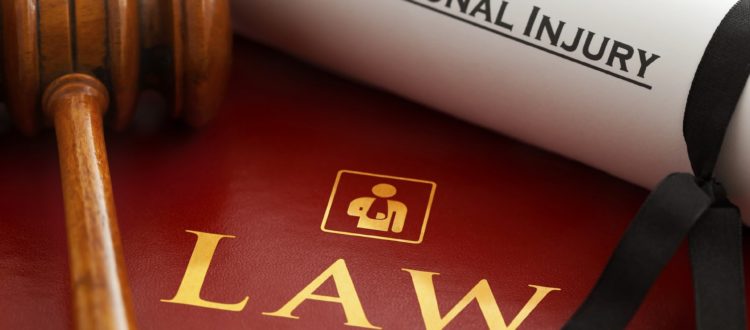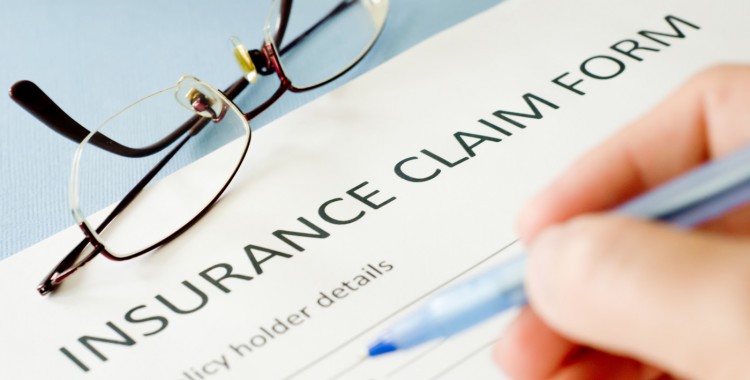NH Insurance Denial Attorneys
It is all too common for insurance companies to deny their own insureds claims, even though all premium payments were made on time. This can be a particularly frustrating area of the law. Nothing can be more aggravating than paying faithfully for insurance coverage, only to have the insurance company deny your claim when you need it the most.
All is not lost. The law provides many mechanisms for resolving insurance disputes. At the Seufert Law Office we can help you in getting the insurance payment(s) you were promised under your policy.
Our attorneys have handled insurance disputes involving
- Life Insurance Claims
- Property Damage Claims
- Fire Loss Claims
- Motor Vehicle Accident Claims
- Stolen Property Claims
- Home Owner Property Claims
- Water Intrusion Claims
- Contractor Disputes
- Workers’ Compensation Claims
If you are in a dispute with an insurance company, contact us today and schedule an appointment with one of your attorneys.
Recent Insurance Denial Law News & Resources
Car Rental Insurance

When Should You Hire a Personal Injury Lawyer

What Does Workers Compensation Cover in New Hampshire?
3 Steps to Take if Your Insurance Denies Your Claim
Don’t Let That Insurance Adjuster Bully You
A Crash with an Uninsured Driver
Hand Info on Out of State Accidents
Injuries & Insurance Law FAQ
What to Do if Your Insurance Claim is Denied
Insurance policies are confusing and filled with many loopholes that can keep you from getting all the benefits you are due. If you need help collecting the benefits you're entitled to, you should have an attorney review your policy. Sometimes, a quick review of the policy is all an attorney needs to do to determine whether coverage applies to your loss and whether or not the insurer has committed bad faith by not covering your claim. If necessary, a case can be brought to court to have a judge determine if your claim is covered under your policy.
What to Do if You've Been Injured in a Car Accident
Suffering injuries in a car accident often leads to a desire for recovery, typically in the form of compensation to address various consequences. Primarily, this includes covering your medical expenses resulting from the injuries sustained. However, the impact of a car accident can extend beyond medical bills. You may have experienced a loss of income due to time away from work caused by your injuries. Additionally, you might be dealing with physical pain and suffering as well as emotional distress resulting from the traumatic experience of the accident itself. Furthermore, your vehicle may have incurred damages that need repair or replacement. It's important to remember that if there were passengers in your vehicle at the time of the accident, they may also have claims that involve both your insurance company and the other driver's insurer.
The overarching goal of addressing a car accident's aftermath is to restore you to the state you were in before the accident occurred, thereby achieving a sense of wholeness. Seeking appropriate compensation and navigating the legal process can help you achieve this goal and ensure that your rights and well-being are protected during this challenging time.
I Was Hurt in an Accident. Do I Have a Case Even If I Was Partly at Fault?
Yes. In New Hampshire, even if you share some of the responsibility for an accident, you may still be entitled to a recovery. Generally speaking, if you are more than 50% at fault, that would be a problem, and you would not prevail. However, you could still recover if the other person involved was more at fault than you. It can be challenging to determine who was more at fault for causing the accident, and often, assistance from the court is necessary to determine who was at fault. But keep in mind, your recovery will be reduced by the percentage you were at fault.
Do I Go to Court to Get My Car Fixed In a Minor Accident?
Hopefully not. Not all accident claims need to go to court or even need the services of an attorney. If you have only damages to your car and no injuries to yourself or passengers, you should work directly with the insurance adjuster to fix your car promptly and fairly. Most insurance companies will need to assess the damage, determine what your vehicle is worth, and negotiate with you on a fair settlement. Keep in mind you can hire an attorney, but on a relatively minor accident claim, attorney's fees could diminish your overall recovery. Generally, cooperating with the insurance company will get you a fair settlement quickly.
Do I Have to Accept What the Other Drivers Insurance Company Offers in a Car Accident?
No, you are not obligated to accept the settlement offered by the other driver's insurance company. In fact, in many cases, accepting the initial offer from the insurance company may not adequately compensate you for your injuries and damages. Insurance companies often aim to settle claims for the lowest possible amount.
If you believe that the settlement being offered does not fully cover your medical expenses, property damage, lost wages, pain and suffering, or other damages resulting from the accident, it is within your rights to decline the offer. Instead, you may want to consider consulting with an attorney who specializes in personal injury cases.
An experienced attorney can assess the value of your claim, negotiate on your behalf with the insurance company, and help you pursue the compensation you deserve. They can also guide you through the legal process and advocate for your best interests, ensuring that you are not left at a disadvantage when dealing with insurance companies.
In essence, declining an inadequate settlement offer and seeking legal counsel is often a prudent course of action to ensure that you receive fair and just compensation for the harm and losses you have suffered due to someone else's negligence.

